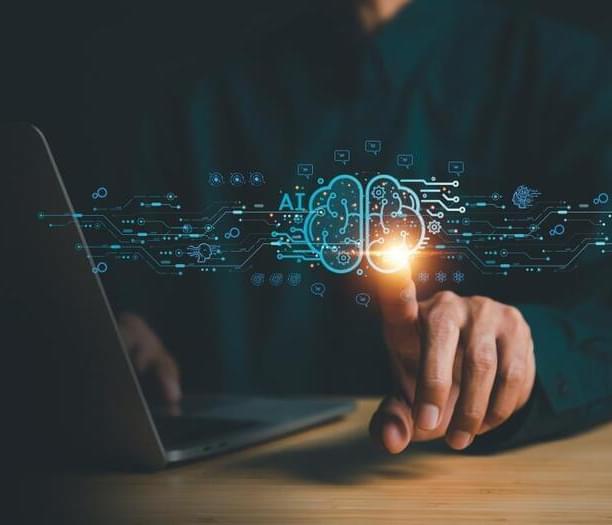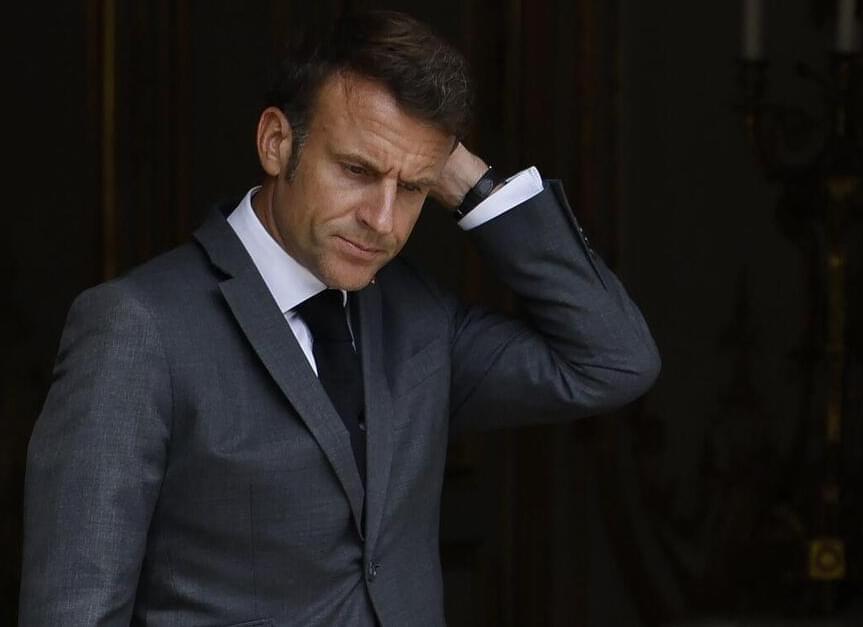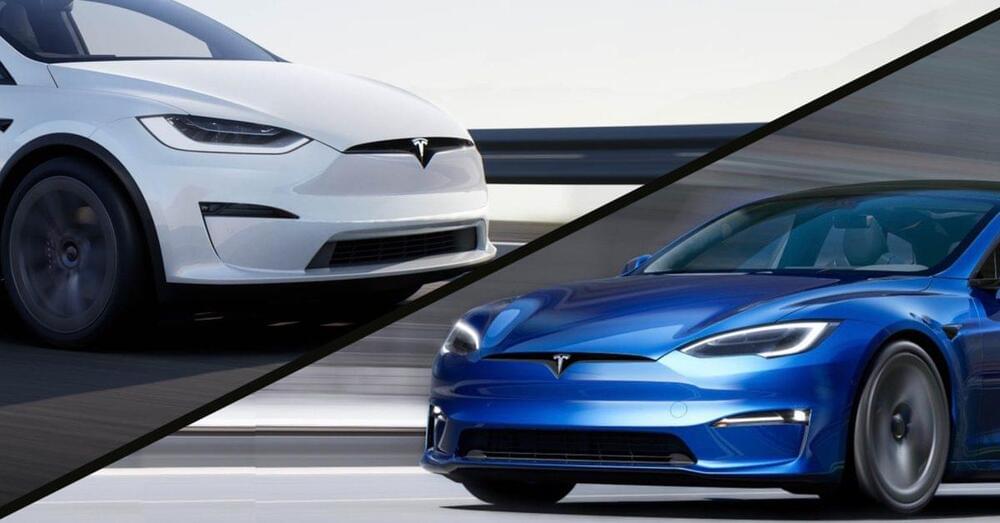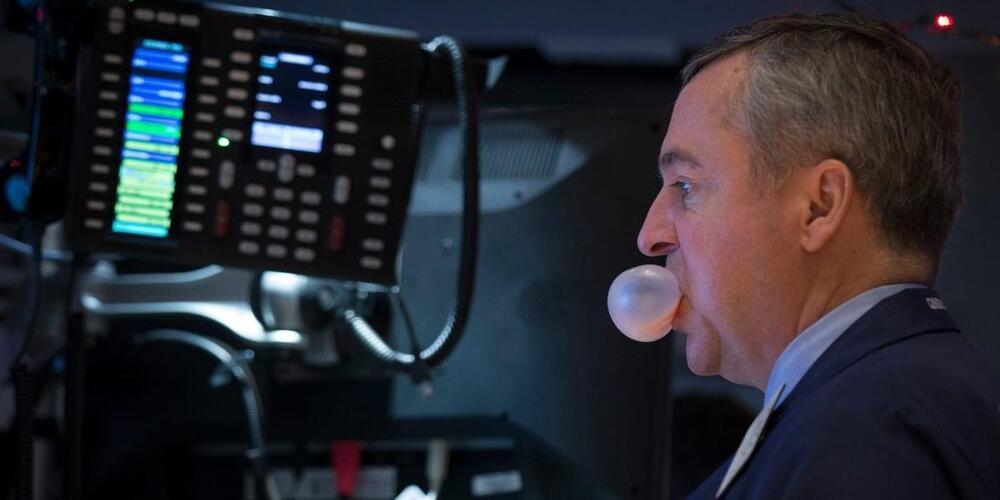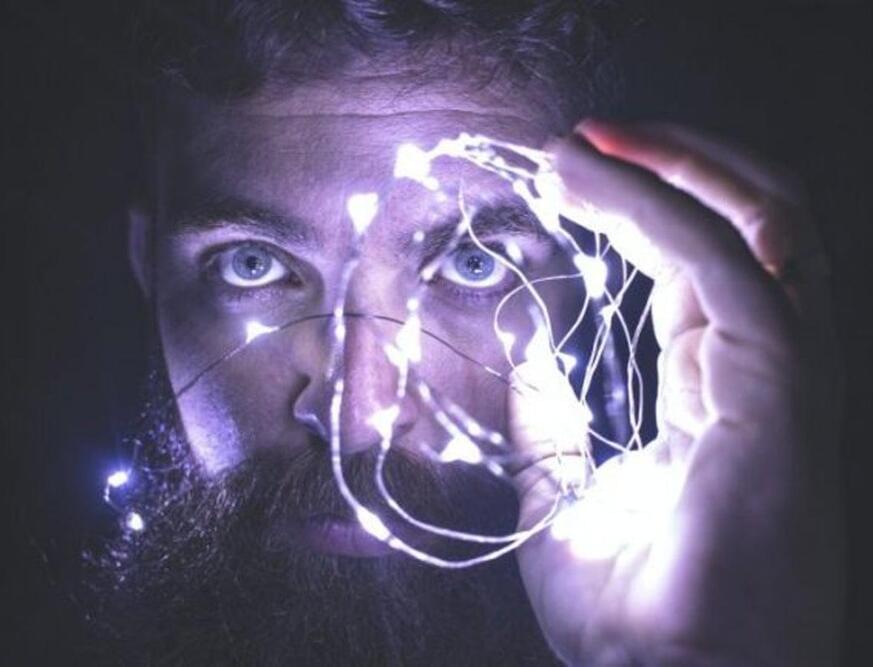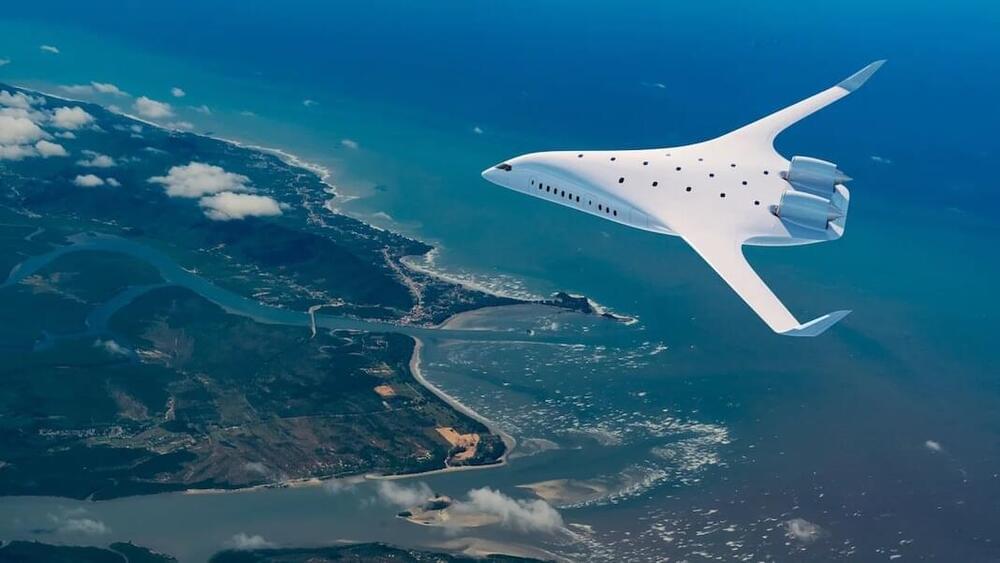“Learn to code.” That three-word pejorative is perpetually on the lips and at the fingertips of internet trolls and tech bros whenever media layoffs are announced. A useless sentiment in its own right, but with the recent advent of code generating AIs, knowing the ins and outs of a programming language like Python could soon be about as useful as knowing how to fluently speak a dead language like Sanskrit. In fact, these genAIs are already helping professional software developers code faster and more effectively by handling much of the programming grunt work.
Two of today’s most widely distributed and written coding languages are Java and Python. The former almost single handedly revolutionized cross-platform operation when it was released in the mid-’90s and now drives “everything from smartcards to space vehicles,” as Java Magazine put it in 2020 — not to mention Wikipedia’s search function and all of Minecraft. The latter actually predates Java by a few years and serves as the code basis for many modern apps like Dropbox, Spotify and Instagram.
They differ significantly in their operation in that Java needs to be compiled (having its human-readable code translated into computer-executable machine code) before it can run. Python, meanwhile, is an interpreted language, which means that its human code is converted into machine code line-by-line as the program executes, enabling it to run without first being compiled. The interpretation method allows code to be more easily written for multiple platforms while compiled code tends to be focused to a specific processor type. Regardless of how they run, the actual code-writing process is nearly identical between the two: Somebody has to sit down, crack open a text editor or Integrated Development Environment (IDE) and actually write out all those lines of instruction. And until recently, that somebody typically was a human.
